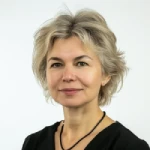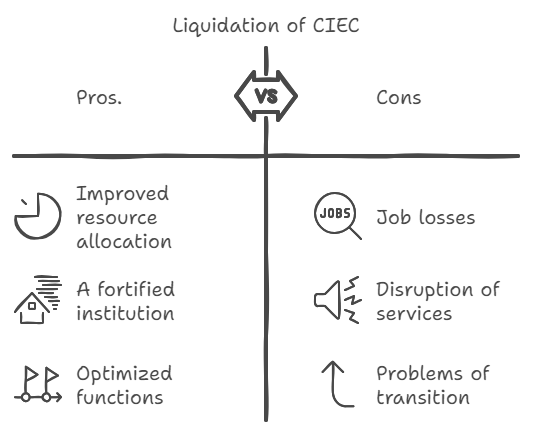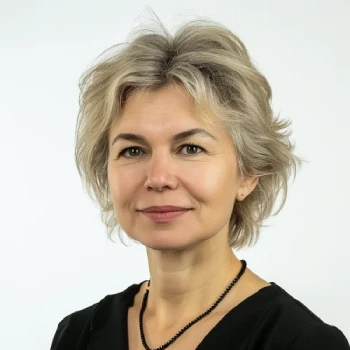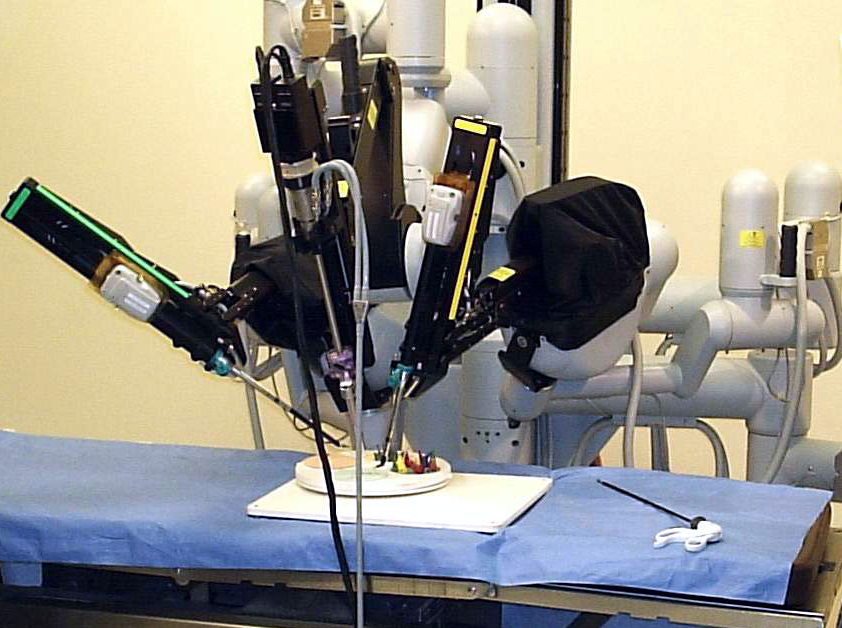

In July 2022, the Verkhovna Rada adopted draft law No. 6306, “On Amendments to Certain Legislative Acts of Ukraine to Improve the Provision of Medical Care,” continuing the medical reforms initiated by the former Acting Minister, Ulana Suprun.
The law moved away from the outdated hierarchical structure of medical facilities classified as regional, city, and district hospitals. President Volodymyr Zelensky signed the document, and it came into effect shortly thereafter.

Overview of Cluster, Super-Cluster, and General Health Facilities
As of January 1, 2025, the medical-social expert commissions (MSEK) will cease their activities as independent legal entities, with their functions being transferred to cluster and super-cluster hospitals.
This was announced by the Minister of Health of Ukraine, Viktor Lyashko, during a briefing on the liquidation of MSEK and efforts to combat corruption and other violations in disability assessment.
The law established a novel framework involving multiple levels of medical institutions:
- Super-Cluster
- Cluster
- Genera
Medical care is now delivered through this three-tiered system. In straightforward cases, treatment is offered close to home at general hospitals, while more complex cases are referred to cluster and super-cluster facilities.
In February 2023, the Cabinet of Ministers issued Decree No. 174, Some Issues of Organizing a Sustainable Network of Healthcare Institutions, which established hospital districts throughout each region. Hospital districts are further divided into clusters, each containing super-cluster, cluster, and general hospitals to provide a well-coordinated healthcare network.
A hospital district refers to a defined area designed to provide high-quality, comprehensive, continuous, and patient-centered medical care through a modern network of well-equipped healthcare facilities.
Each hospital district is divided into hospital clusters, ensuring accessible inpatient medical care across the population. For example, the Kyiv hospital district consists of seven clusters: Bila Tserkva, Boryspil, Brovary, Bucha, Vyshhorod, Obukhiv, and Fastiv.
The Cabinet of Ministers of Ukraine is responsible for defining the boundaries, formation, and operation of these districts, including the delineation of general, cluster, and super-cluster health facilities. In June-July 2023, the lists of super-cluster, cluster, and general hospitals for the sustainable network were approved, with 562 facilities included across 19 regions, comprising 123 super-cluster, 157 cluster, and 282 general hospitals.
- A Cluster health care institution is a multidisciplinary hospital that addresses the most common medical needs in a hospital district, providing comprehensive inpatient care for prevalent diseases.
In Kyiv, for instance, cluster hospitals include facilities such as the Obukhiv, Fastiv, and Vasylkiv multidisciplinary hospitals for intensive care, as well as the Brovary Clinical Multidisciplinary Hospital.
- A Super-Cluster health care institution is either multidisciplinary or specialized and is equipped to handle the most complex and rare diseases across the entire hospital district.

Key Aspects of the Medical Reform
Liquidation of Central MSEK: Transition to a Digital and Transparent Model
The Central Medical-Social Expert Commission (MSEK) will be dissolved by October 27, 2024.
The Minister of Health, Viktor Lyashko, indicated that the decision would strengthen the material and technical base of the Dnipro Subordinate Institute, which will take over certain functions previously managed by the Central MSEK.
Additionally, several leaders, including heads of the Central MSEK, the Ukrainian State Research Institute for Medical and Social Disability Problems, and the Research Institute for Rehabilitation at Vinnytsia National Medical University, were dismissed as part of this reform.

Standardized Remuneration for Pharmacists and Medical Workers
The new legislation sets out a formal process for determining the minimum wage level for pharmacists and medical workers in state and municipal healthcare facilities. This is intended to standardize pay and improve working conditions in public healthcare institutions.
Reimbursement of Medical Devices: Expanding Coverage
Since 2023, the law has permitted the reimbursement of medical devices alongside medicines. The Cabinet of Ministers of Ukraine established guidelines for the reimbursement of these items under the Medical Guarantees Program, covering agreements, modifications, and termination procedures.
Involvement of Teaching and Academic Staff in Specialized Care
Scientific and academic staff from institutions of higher education involved in medical education may provide specialized care in healthcare institutions, provided they are certified specialist doctors and have received approval from the head of the institution.
These professionals are also allowed to serve as attending physicians for specialized care.
Paid Medical Services: Enhancing Access Beyond Coverage
State and municipally-owned healthcare institutions may offer services not covered by the Medical Guarantees Program to both individuals and legal entities for a fee.
Physician Autonomy and Patient Compliance
Under the regulations, doctors now have the right to refuse to continue treating a patient if the patient fails to comply with medical prescriptions or institutional regulations, provided it does not threaten the patient’s life or public health.
Additionally, doctors are exempt from liability for a patient’s health if the patient rejects medical recommendations or fails to follow the prescribed treatment regimen.
Referral of Patients for Treatment Abroad
Ukrainian citizens can now be referred for treatment abroad if specific types of care are unavailable domestically.
This provision aims to ensure that patients receive the necessary medical attention, even if it cannot be delivered within Ukraine.




